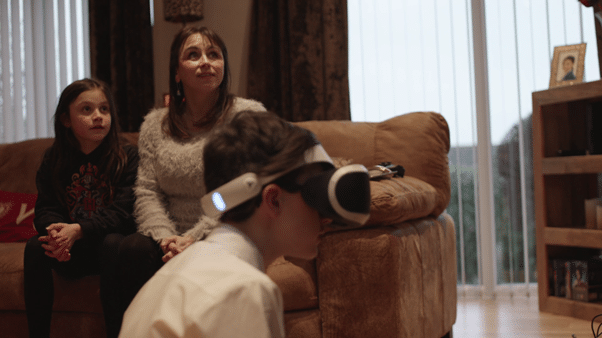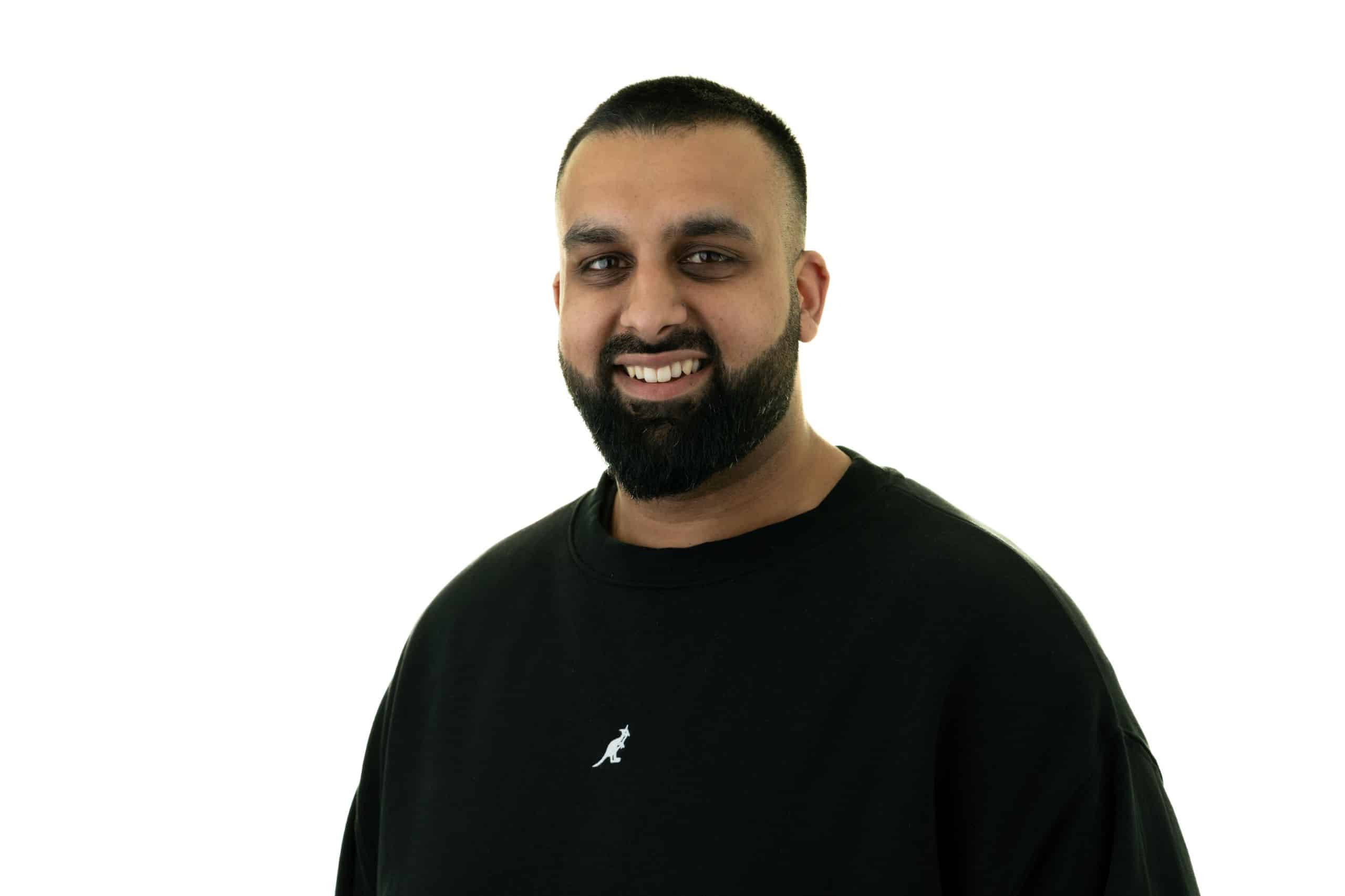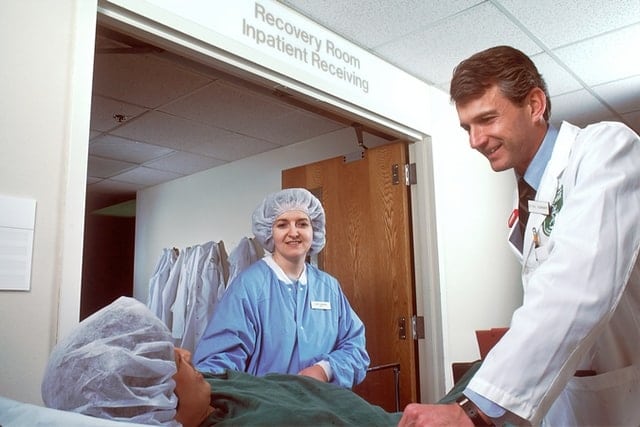
 " alt="">
" alt="">

Reviewed by
Peter Rigby - Director of Medical Negligence
We've got your Lack of Informed Consent Claim covered
- No win No fee
- Not just lawyers - real specialists
- No obligation
- UK's highest-rated medical negligence solicitors
Since the 2015 landmark decision of Montgomery v Lanarkshire Health Board, a recent study by Queen Mary University of London has found that medical negligence cases relating to consent have risen fourfold. Consent has taken on a new level of importance, and the number of claims would suggest not all clinicians are following the recommendations set down by the courts.
As medical negligence lawyers, we recognise that there is a need for accurate and helpful guidance for those who feel they have been affected by a lack of informed consent. Here, we can assist you if you are thinking of making a lack of informed consent claim.
Below, we discuss the meaning of informed consent and how this impacts you as a patient. Furthermore, we will consider the evidence you will need to effectively bring a case forward.
Find out if you
have a claim
Take the 10-second claim test
Free Advice
03300 080 352
claim form
We're the highest-rated No Win No Fee medical negligence solicitors on Trustpilot
The meaning of informed consent
Any clinician providing treatment to another person must always obtain a valid consent before the treatment commences.
If you are able to do so, then as the patient, you must give fully informed consent before you undergo medical treatment, otherwise the consent may not be in accordance with good practice, and the treatment could potentially amount to an assault.
For the consent to be “informed” there has to have been an appropriate discussion of the relevant risks, alternatives and pros/cons of the procedure.
The law regarding informed consent was clarified by the case of Montgomery v Lanarkshire Health Board [2015]. In this case, it was said that the test for whether valid consent was obtained should be whether “a reasonable person in the patient’s position would be likely to attach significance to the risk [of the treatment], or the doctor is or should reasonably be aware that the particular patient would be likely to attach significance to it” and therefore whether they were consented to said risks.
Medical treatment can be anything from:
- A surgical procedure
- A new prescription
- A vaccination
- Even a simple examination
Understanding informed consent
To provide valid consent, the individual consenting to treatment must have the capacity to make the decision themselves. It is assumed in law that you have capacity to make decisions, however, some people are not able to make decisions for themselves. This includes patients who are under the age of 16, where a person lacks capacity, or where the patient is unconscious.
It is also important to remember that any patient who has capacity not only has the right to consent to their treatment, but they also have an absolute right to refuse treatment. This is irrespective of whether the clinicians believe the decision to be unwise or ill-advised.
Informed consent therefore means you can both provide, or withhold, consent to medical treatment.
Consent and Capacity
The Mental Capacity Act 2005 sets out the test for when a person lacks capacity. In particular, section 3 states:
“A person is unable to make a decision for himself if he is unable—
(a) to understand the information relevant to the decision,
(b) to retain that information,
(c) to use or weigh that information as part of the process of making the decision, or (d) to communicate his decision (whether by talking, using sign language or any other means).”
Who then makes the decision for the person who lacks capacity depends on whether or not a Health and Welfare Lasting Power of Attorney (LPA) has been registered with the Office of the Public Guardian (not to be confused with a Property and Financial Affairs (LPA)). A Health and Welfare LPA will set out who the patient wanted to make decisions about their healthcare when they no longer had capacity.
If there is no Health and Welfare LPA in existence, then the doctors, usually in consultation with the family (though it is important to remember the family do not have the final say in the patient’s treatment) will make a decision as to what treatment is in the patient’s best interest.
Children’s consent and when medical consent is not needed
Where applicable, patient consent works best when it is given by the patient themselves.
There are of course exceptions. If a child is under the age of 16, a parent or guardian may need to give consent on their behalf.
There are also other exceptions where it is not necessary to obtain consent. These include:
- Emergency treatment. If the patient is in a serious condition where life-saving treatment is required and they are unable to provide consent, for example, where they are unconscious
- If during an ongoing medical procedure, such as surgery, the medical treatment takes an unwelcome turn for the worst and urgent and decisive action is needed to save a life or prevent serious harm to the patient.
Providing consent
Medical consent can be given verbally or in writing, depending on the circumstances. Verbal consent is reasonable for minor or less serious medical treatment such as prescriptions, taking a blood test or undergoing examinations; but should be in writing for more significant medical treatments such as surgery or consenting to chemotherapy.
In addition to this, with any substantial medical treatment, such as an operation, you are likely to be advised to provide consent well before any medical procedure takes place. It is considered best practice for you to have time to consider the risks and to be given the opportunity to ask further questions before the treatment commences.
Understanding whether you have a case
It is important to work with a specialist medical negligence solicitor to prove that the healthcare professional did not obtain your informed consent.
When assessing if you have a lack of consent claim, you should consider the following:
- Did your doctor or medical professional fail to provide you with sufficient information?
- Did your doctor or medical professional thoroughly run through any of the known risks with your recommended procedure?
- Were there risks you were not willing to take or a particular benefit you wanted to achieve, and were you able to discuss these?
- Did you feel able to make your own informed decision before providing either written or verbal consent?
- Was alternative treatment discussed or made aware to you?
Gathering evidence – and the importance of legal help
With a trusted medical negligence lawyer on your side, we have the expertise to obtain the necessary evidence to support a claim for lack of informed consent. With the right evidence, your chances of receiving the compensation you deserve are much higher.
If you feel you have a lack of informed consent case, our specialist team will be able to advise you further. It costs nothing to find out if you have a case, and all our lack of informed consent claims are dealt with by specialist medical negligence solicitors, on a strictly no-win, no-fee basis.
Why Choose Patient Claim Line for your Lacked of Informed Consent Claim?
Not just lawyers — medical negligence experts
Patient Claim Line was established in 2014 and consists of a team of medical lawyers specialising in cancer negligence and general medical negligence claims.
At Patient Claim Line we have more than 100 solicitors with a combined experience of over 400 years and they will work on your behalf to achieve the best result possible for you.
It’s not enough to use a solicitor who sometimes covers medical negligence. You need someone who knows this area through and through. That is what the solicitors here at Patient Claim Line do. They deal exclusively in this area of law and are experts in the field.
Frequently asked questions about Lack of Informed Consent Claims
Our expert legal team answer your questions about making a Lack of Informed Consent Claim
As specialist medical negligence solicitors, we have experience in handling a range of claims relating to lack of informed consent. Here are some of the most common:
- Failure to inform patients of the potential risks of treatments that are significant to you
- Failure to inform patients of potential side effects of treatments that are significant to you
- Failure to inform patients of different treatment options
- Failure to inform patients of potential complications during and following surgery that are significant to you
- Failure to inform patients of any further potential surgery which may still be required
- Failure to provide accurate information
- Failure to offer alternative options to surgery
- Failure to consult parents on birth delivery plans
There are set time limits to consider when making any medical negligence claim. This is usually three years from the date of injury, or from the date of discovery of the injury. There are exceptions to this. Children can claim up to three years after their 18th birthday, regardless of what age they were when the injury occurred. In cases where a patient does not have the mental capacity to pursue a claim themselves, the time limit may be indefinite. A specialist medical negligence solicitor will be able to help you understand if these exceptions apply to your claim.
There is no definitive answer on the amount of compensation you will receive for a lack of informed consent claim. The final sum will be different for every lack of informed consent claim and will be calculated on individual circumstances. It will depend on the extent of harm caused as a result of the alleged negligence and the impact this has had on you. A number of factors are considered when taking into account your final settlement figure such as any rehabilitation, further surgeries, ongoing issues or risks; and your overall care needs. Financial losses also need to be taken into account to ensure you have sufficient money moving which will allow you to have a good quality of life such as loss of earnings, care costs, therapy costs; and general travel/medication expenses.
To ensure informed consent, there should be a discussion between yourself and a medical professional, to help you properly understand the potential risks involved in any treatment or medication you are recommended.
You may have signed a consent form agreeing to accept certain risks, however this is not conclusive evidence that you have provided informed consent.
When pursing a lack of informed consent claim, it is common to provide a range of evidence, such as:
- Your medical records
- The consent form for the treatment
- Evidence from witnesses
- Evidence from independent medical experts
As part of the claim, you will need to prove that you were not correctly informed about the risks involved in your treatment and that if you had been informed appropriately, you would have refused the treatment or selected a potential alternative treatment.
Meet our Lack of Informed Consent Team
Case Study
Sarah's Story
"Now we have peace of mind"
My husband, Nick, went back and forth to the doctors for a long time and tried everything the doctor recommended. But his illness got worse, to the point that he was in agony.
In the end we got so desperate that we asked for a referral. The doctor was reluctant, so we had to consult a private hospital. That’s when we found out there was a tumour. It took years from the onset of his illness to finally start cancer treatment.


He used to be a man with a lot to live for, but in the end he was in so much pain that he withdrew from the family. He became angry that nobody had helped him sooner, and the legal team were able to give him the validation that he was desperately seeking. The NHS confirmed if they had done more, Nick would still be alive today.





